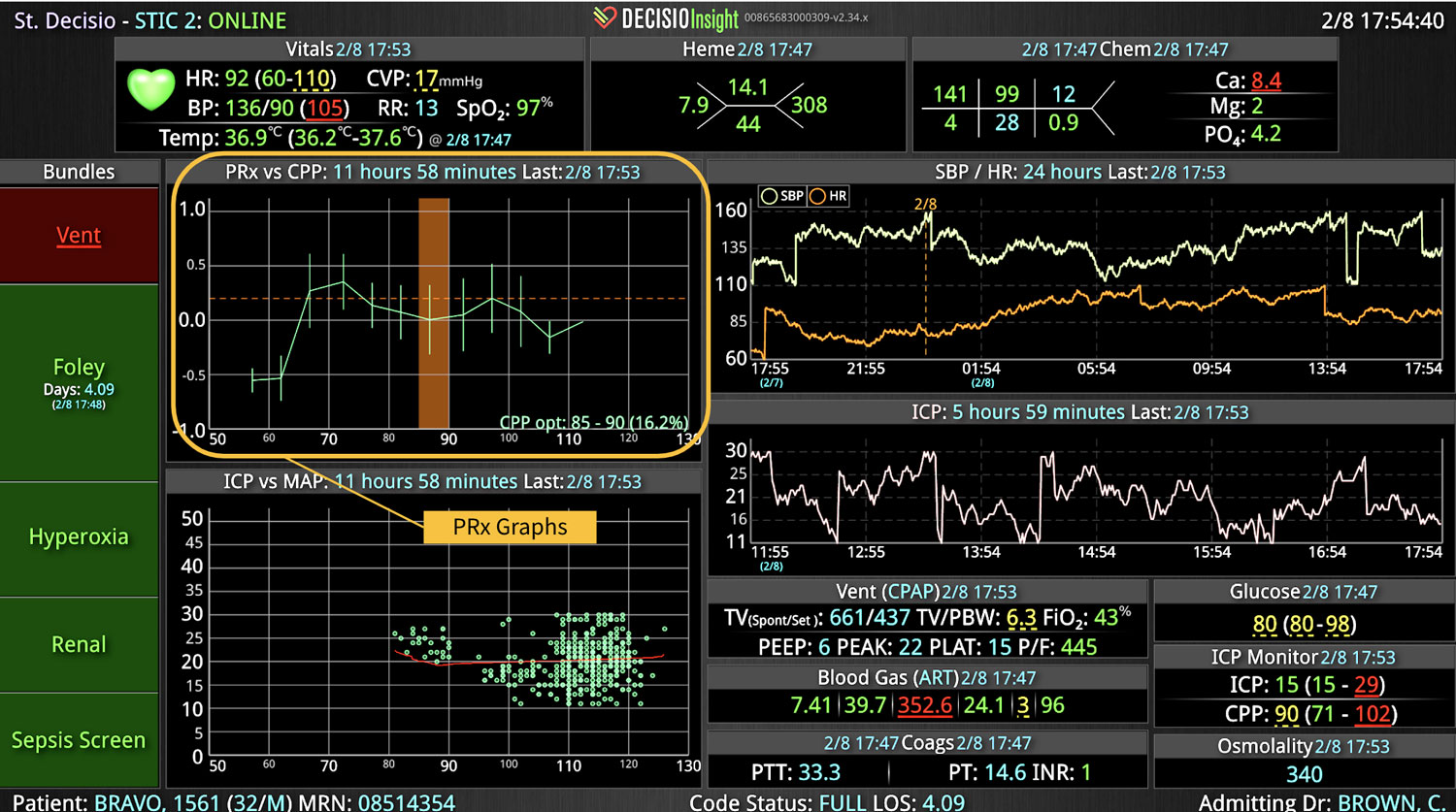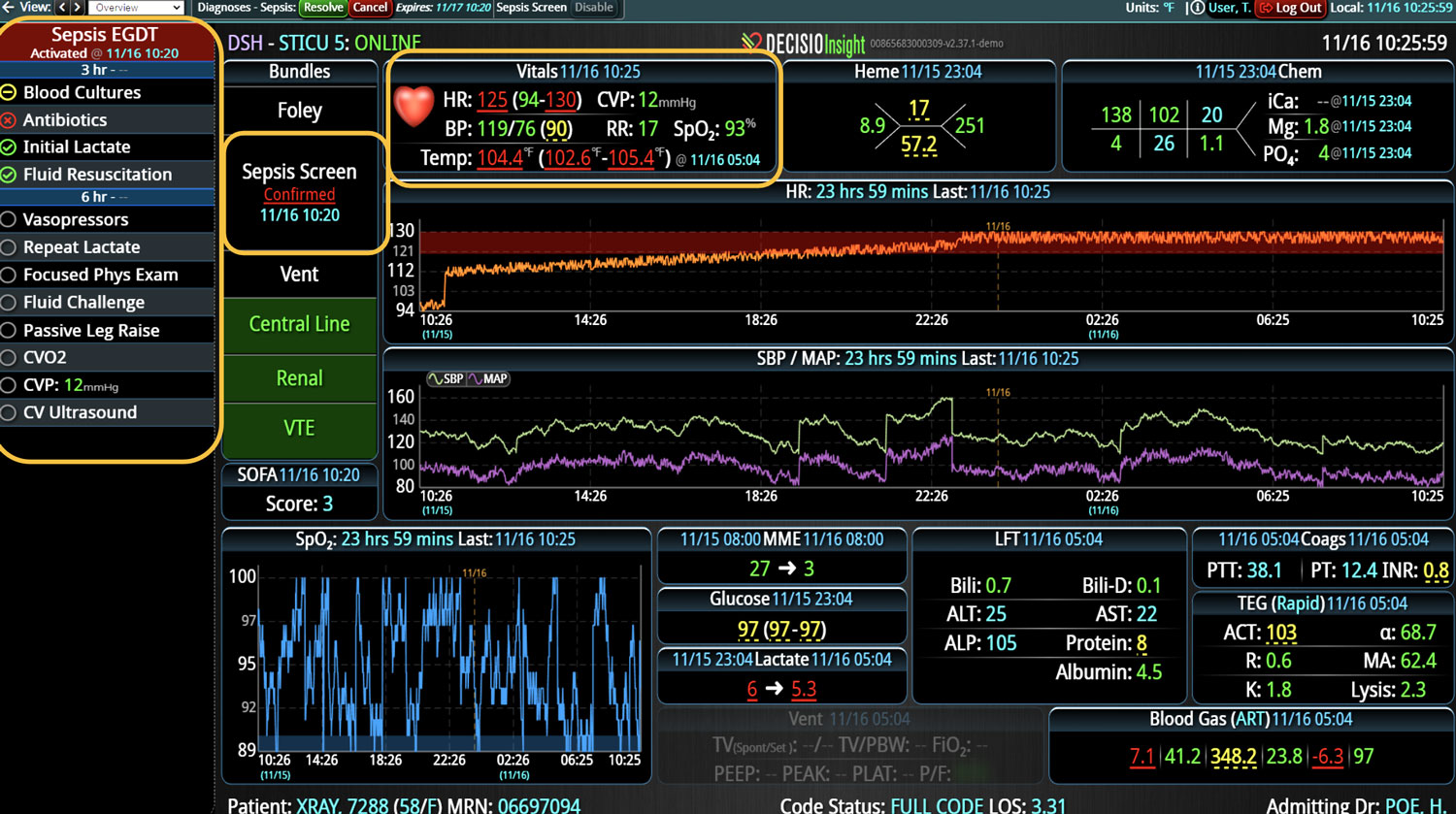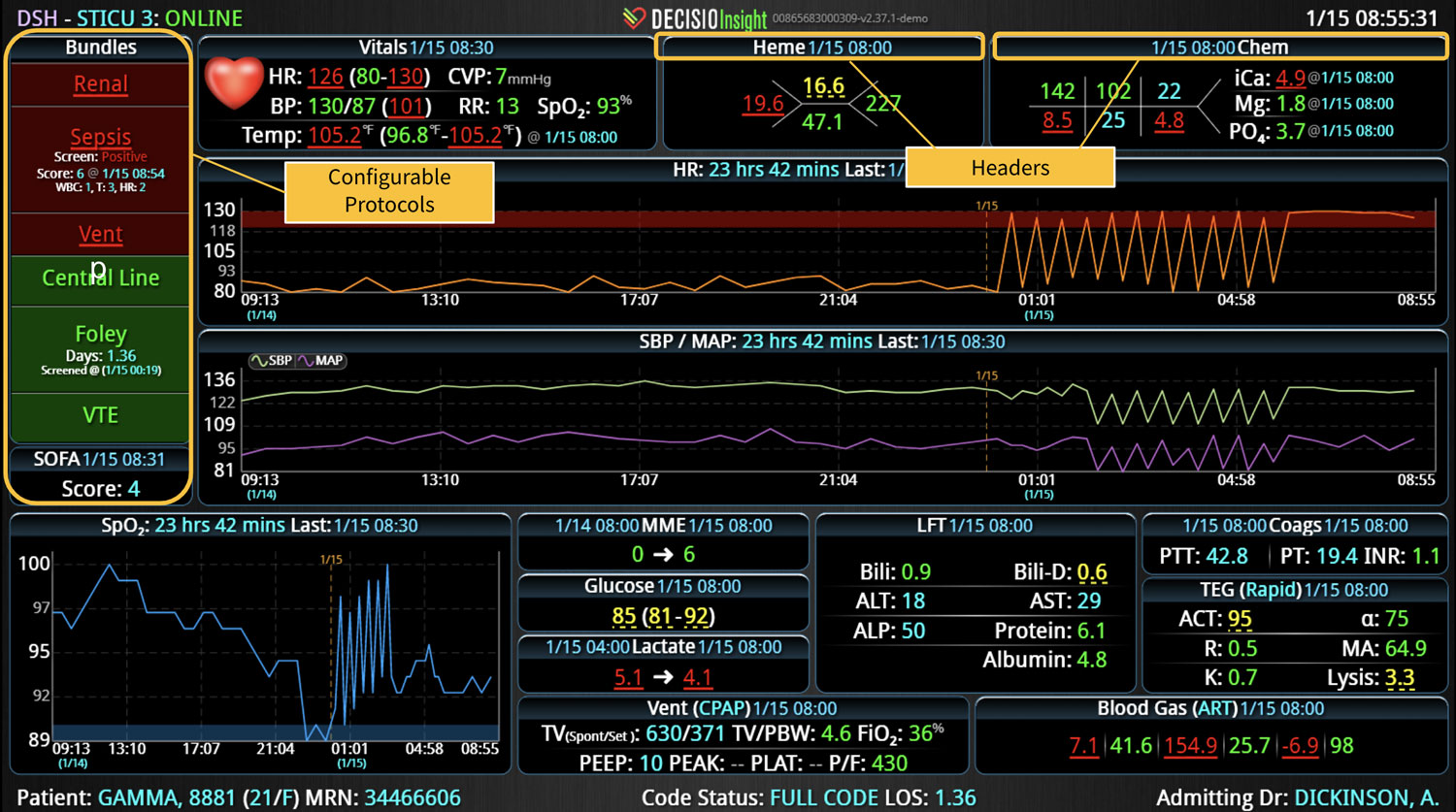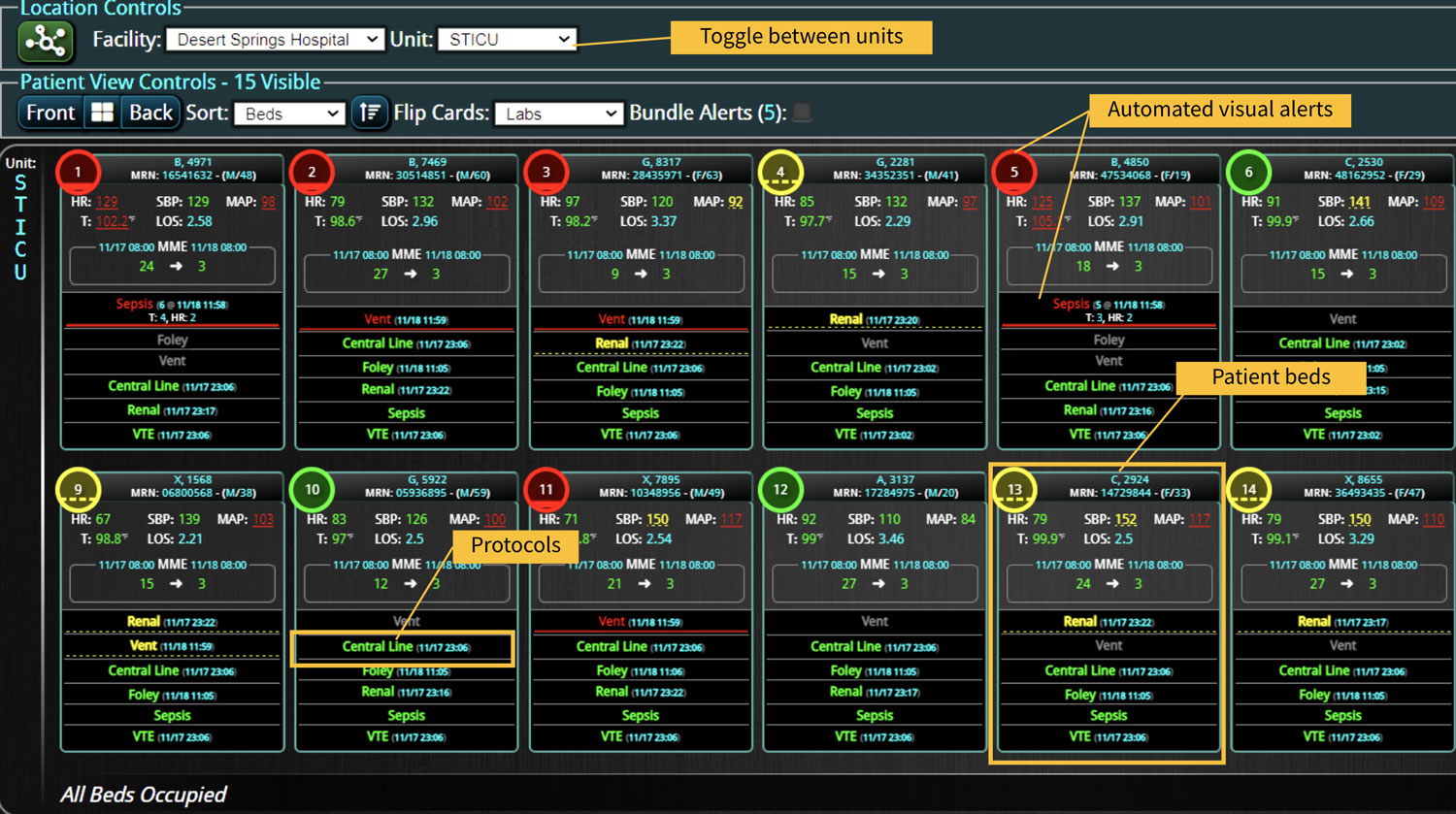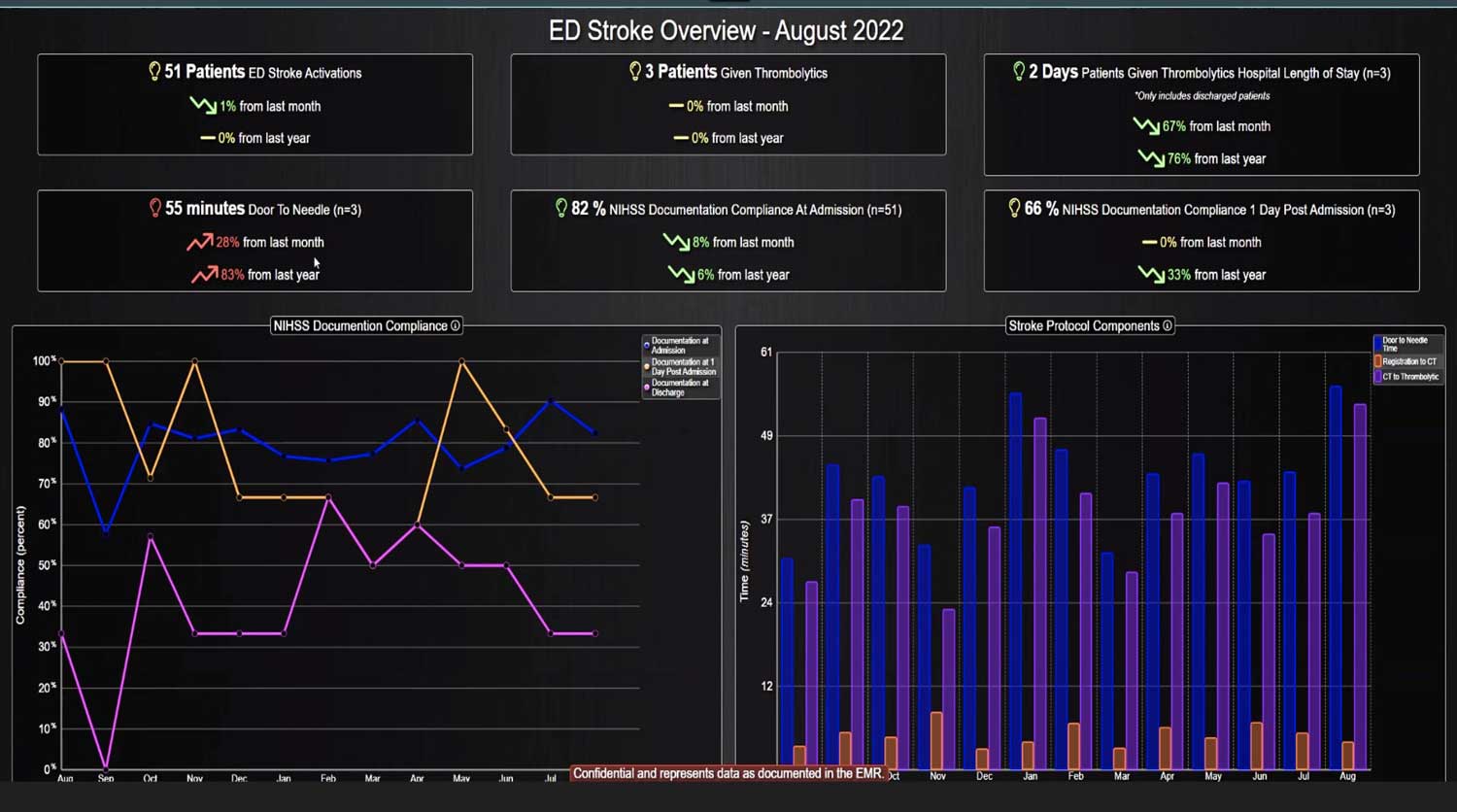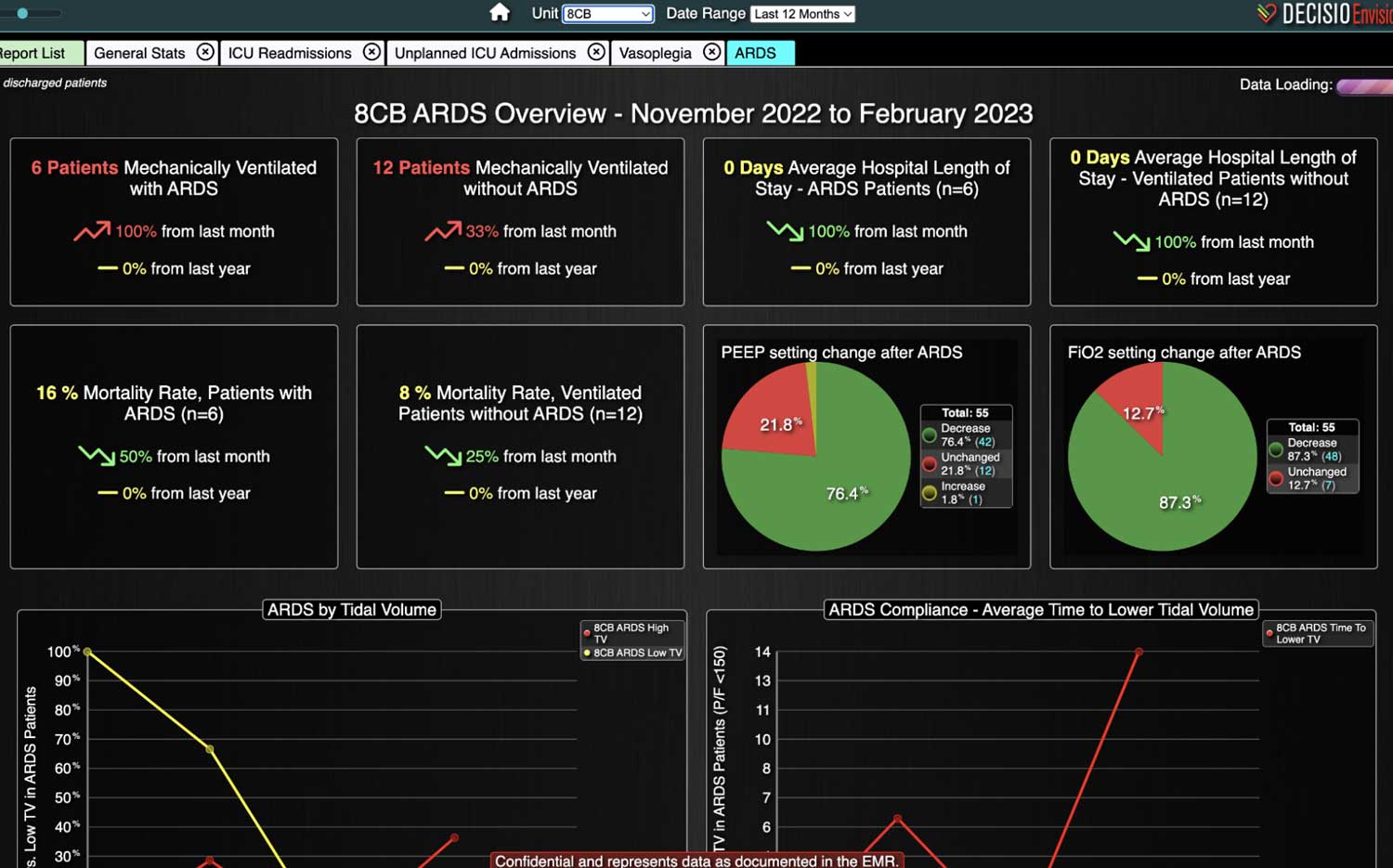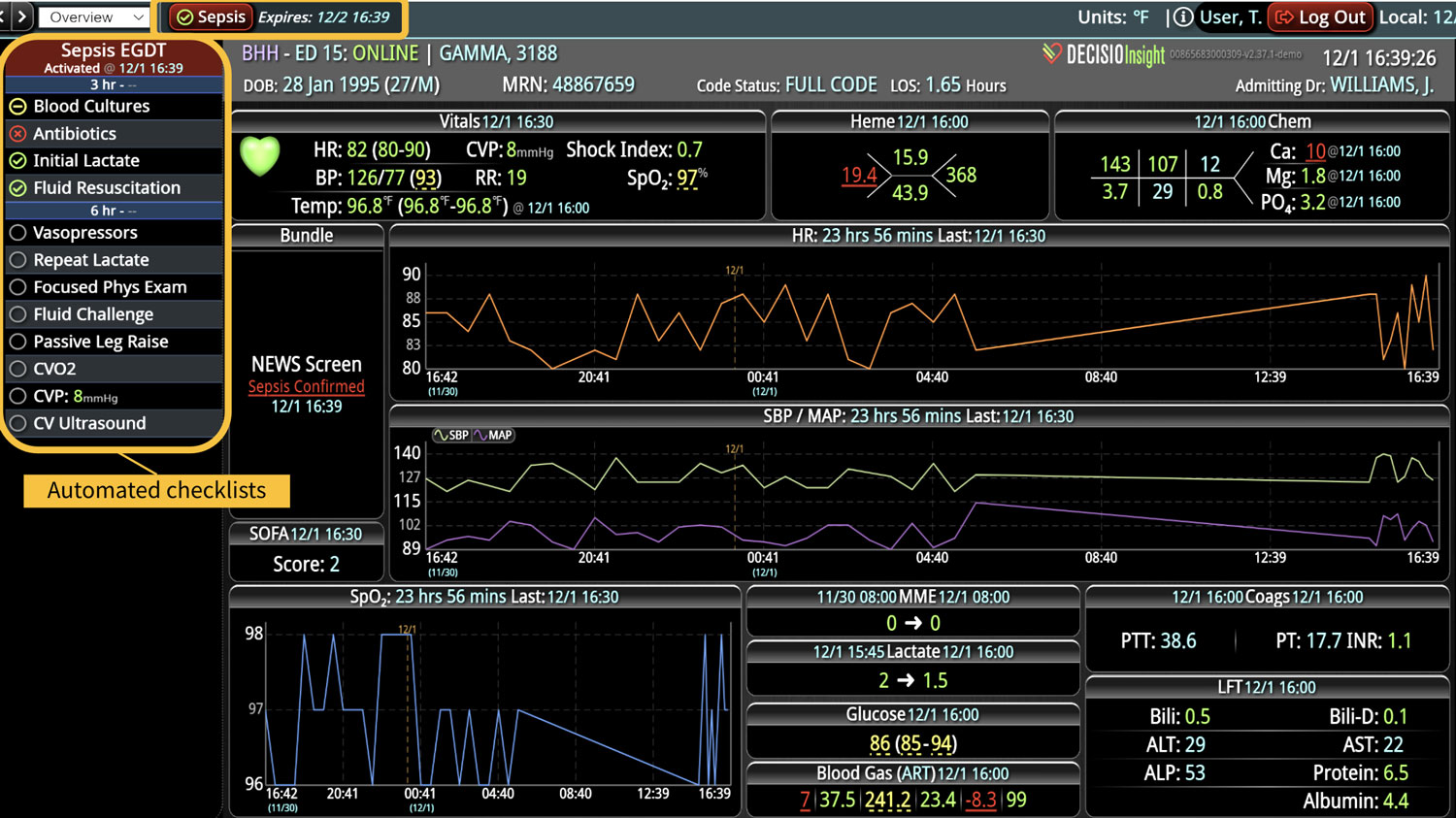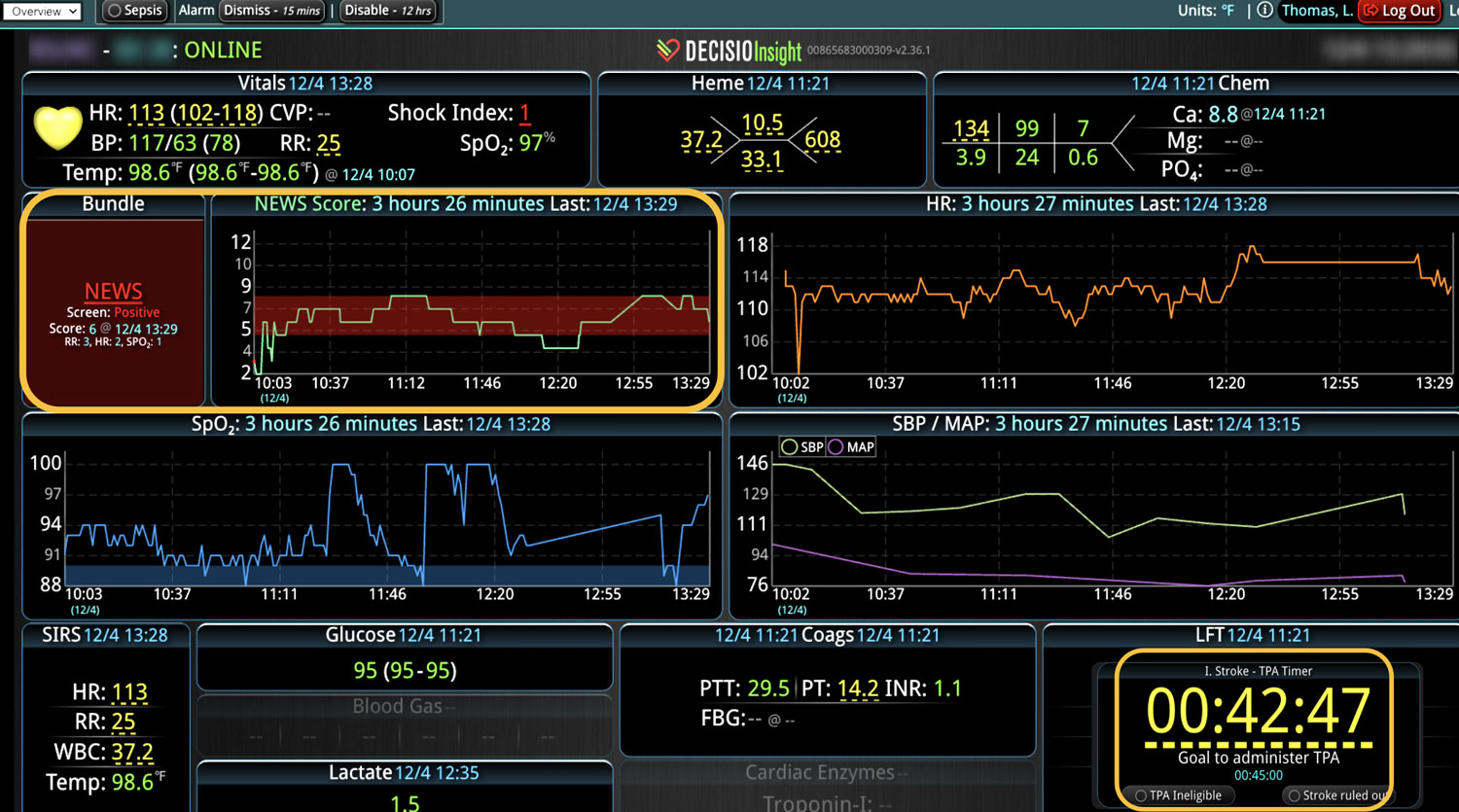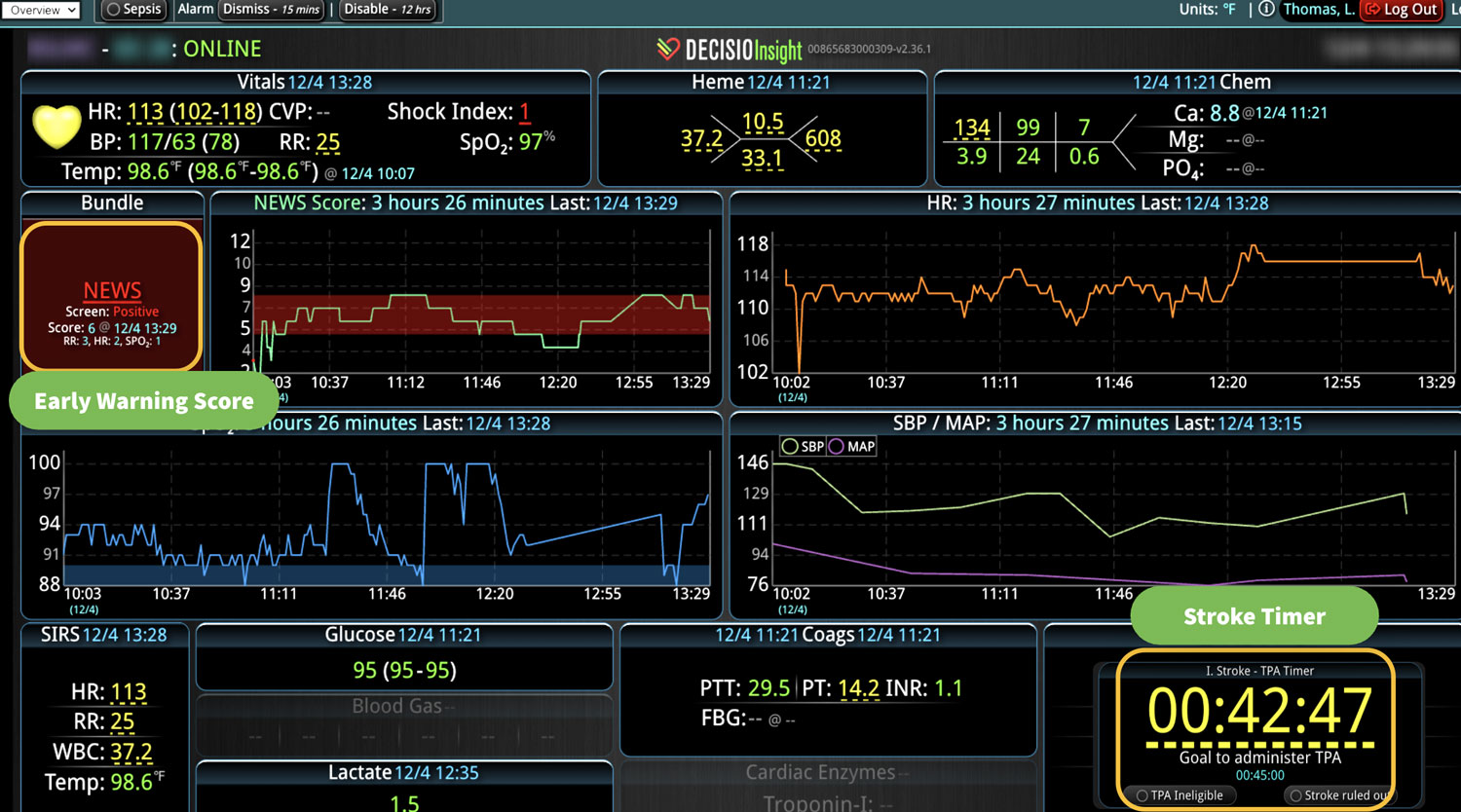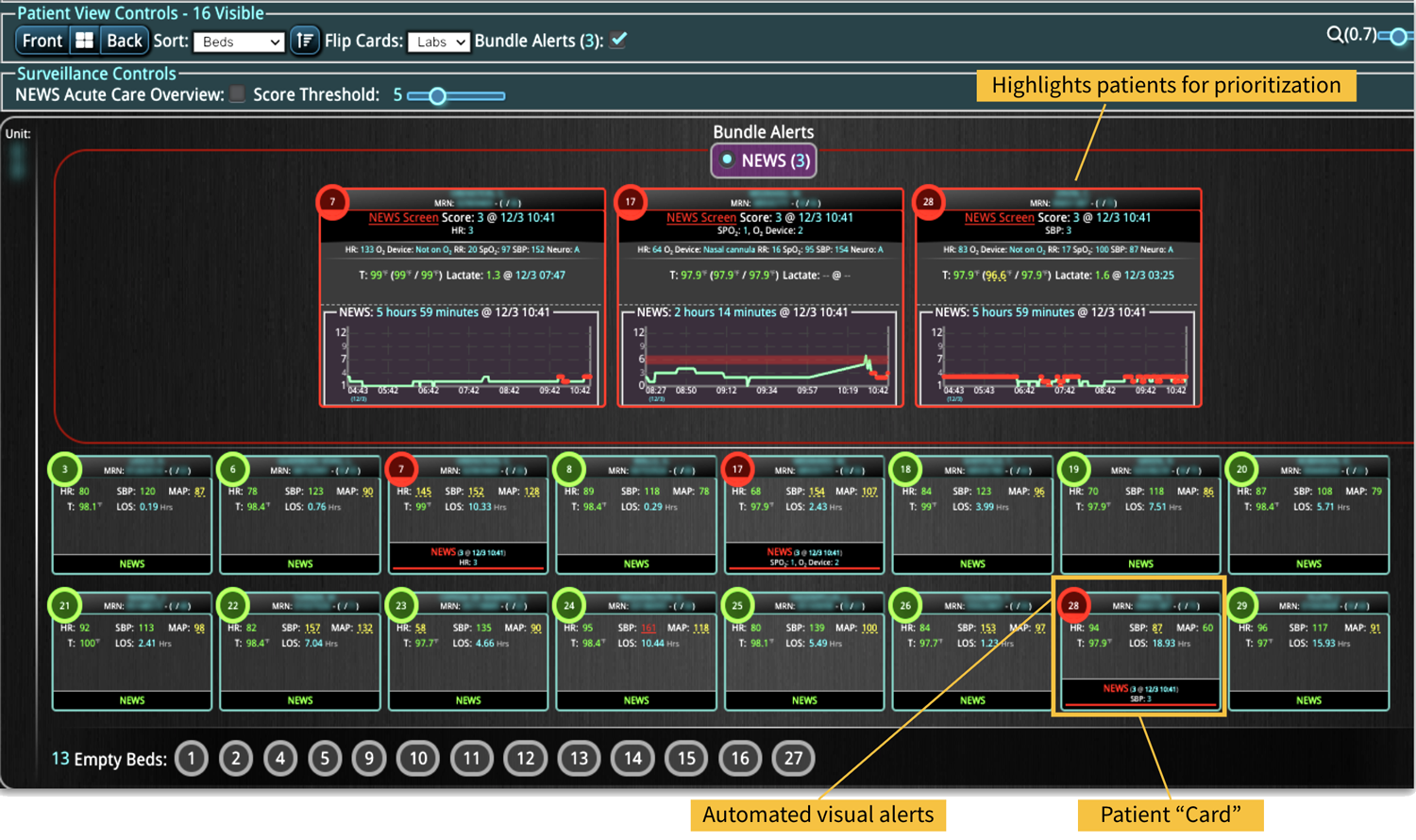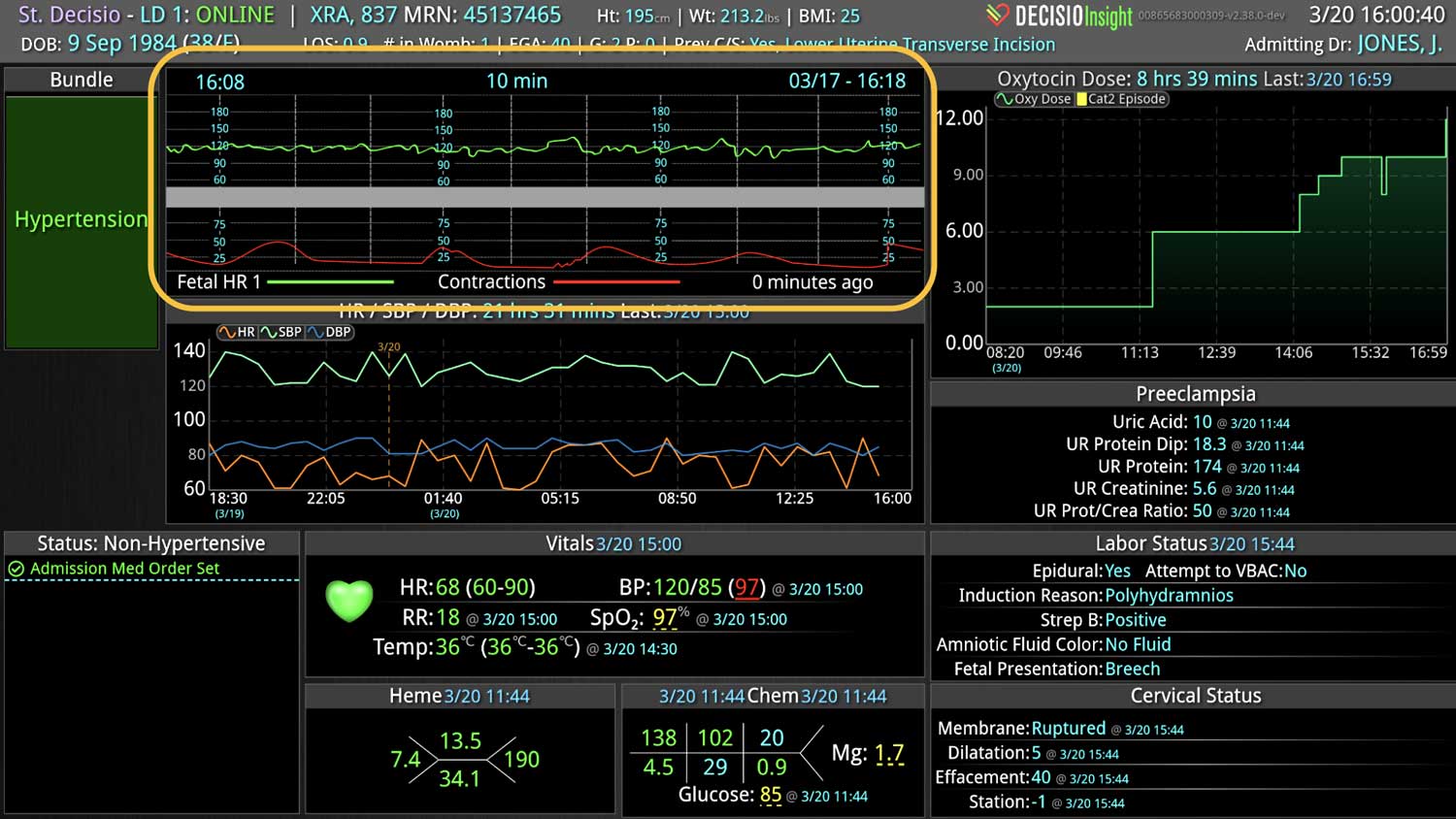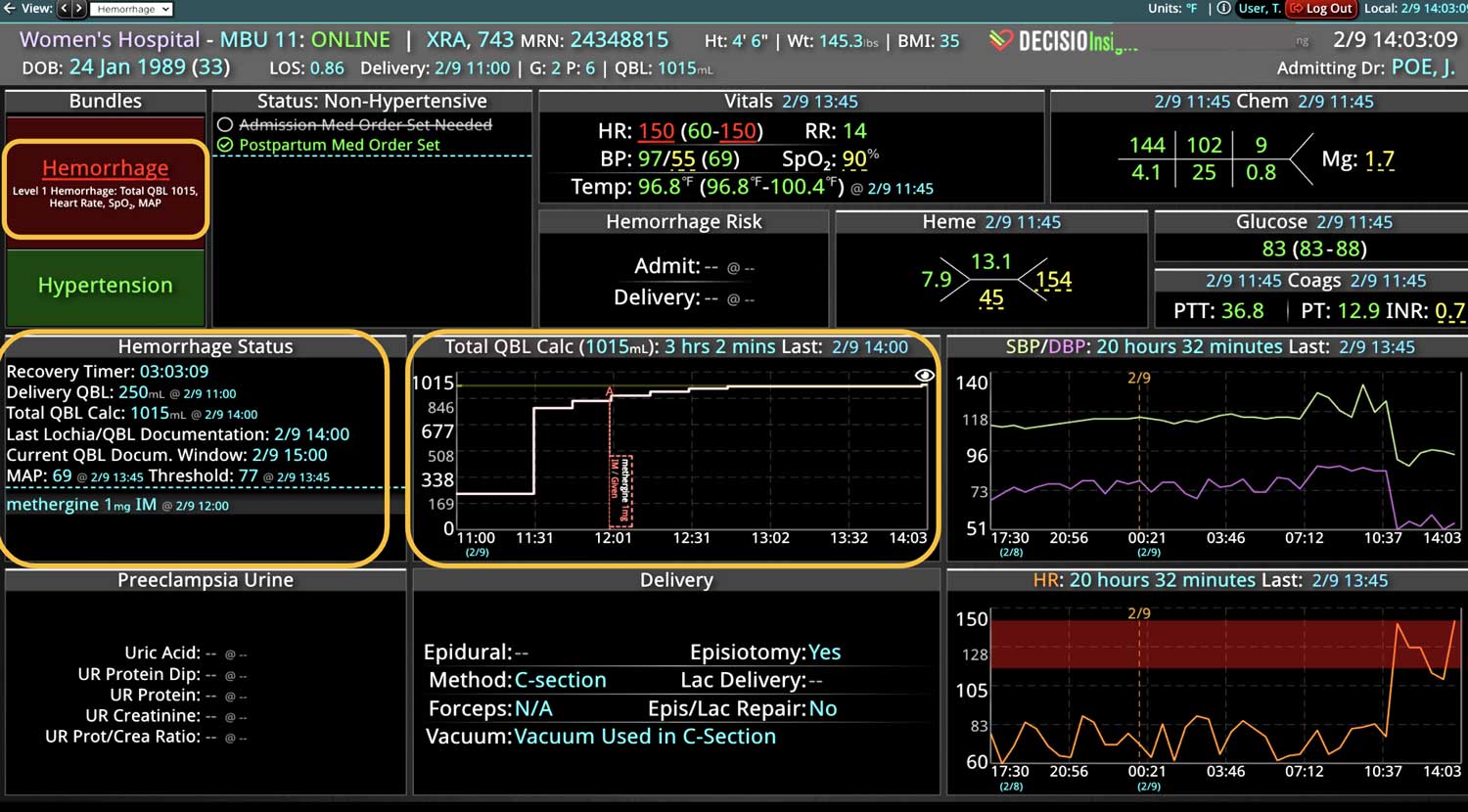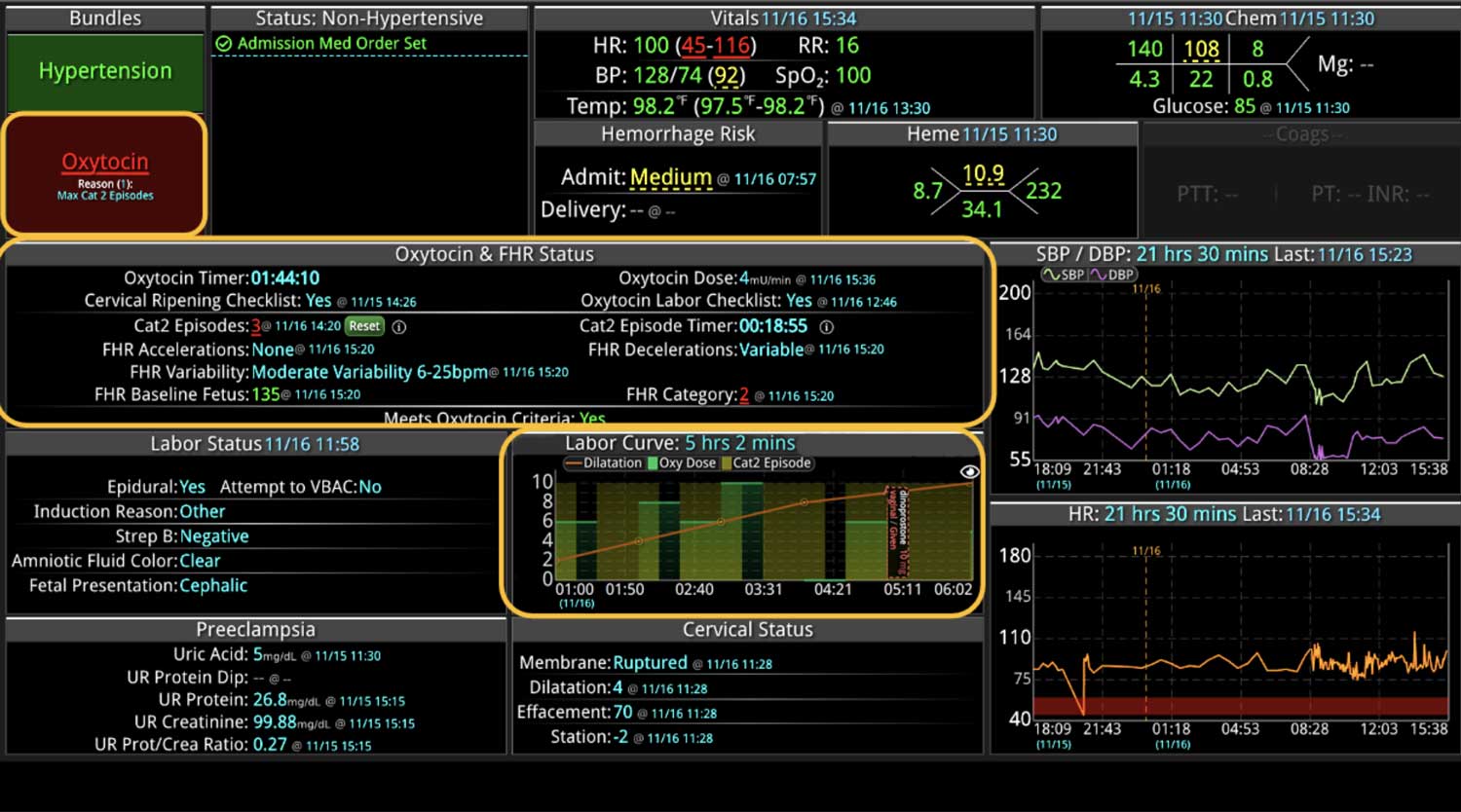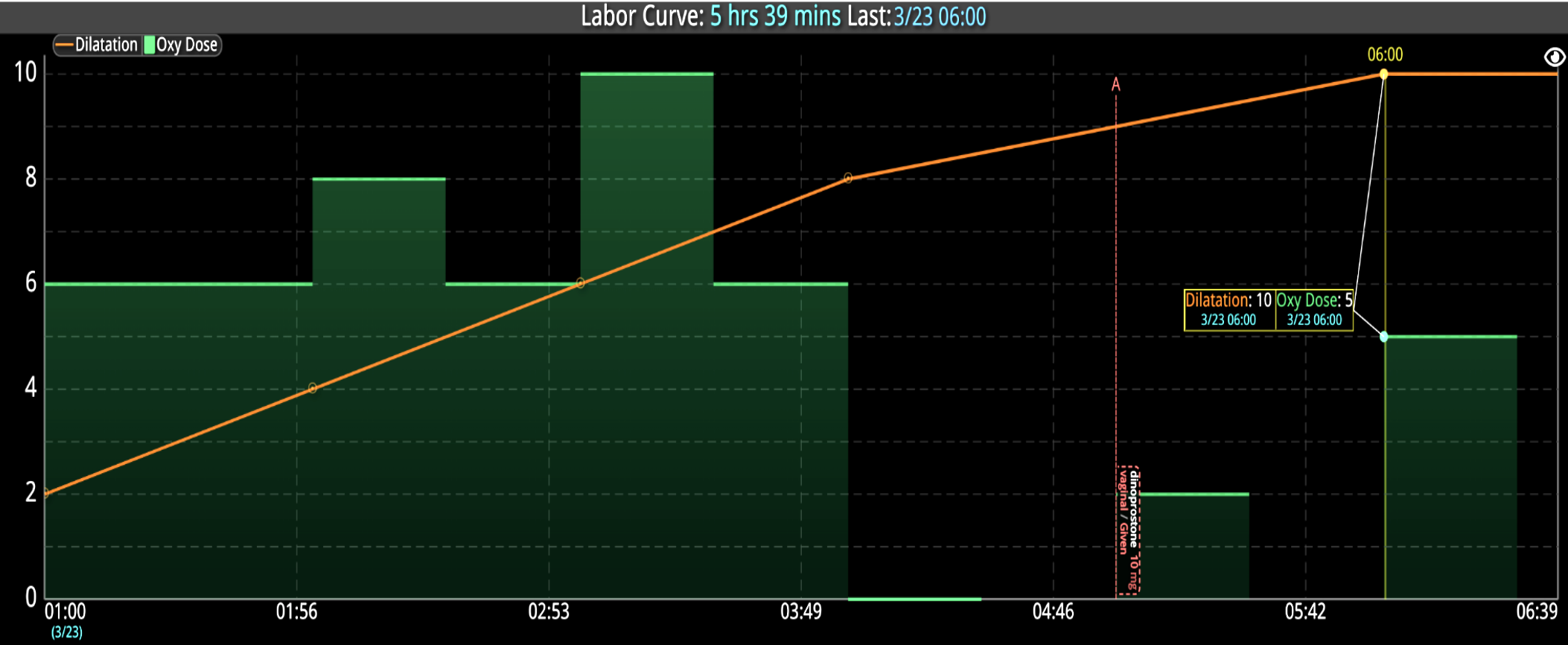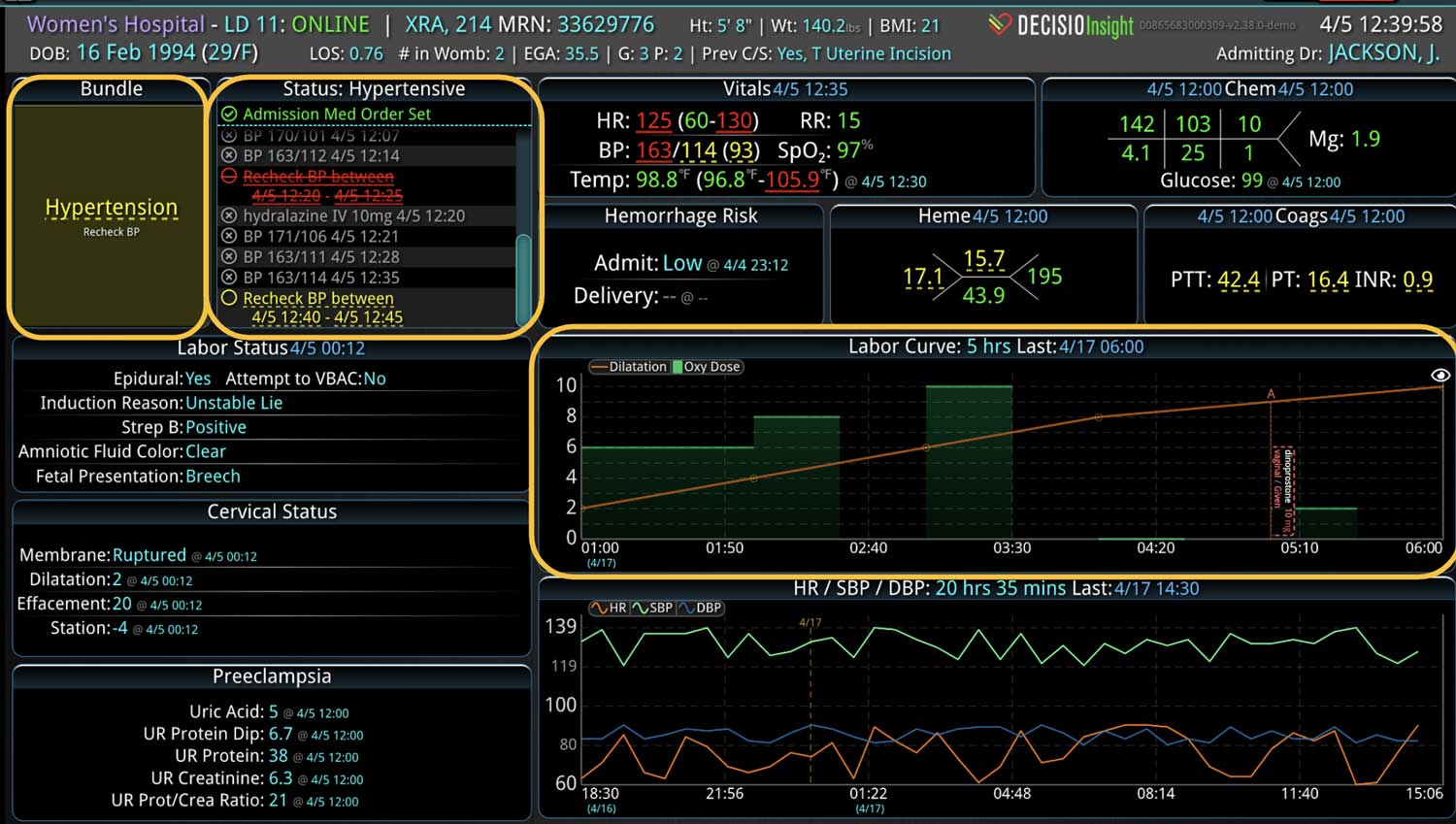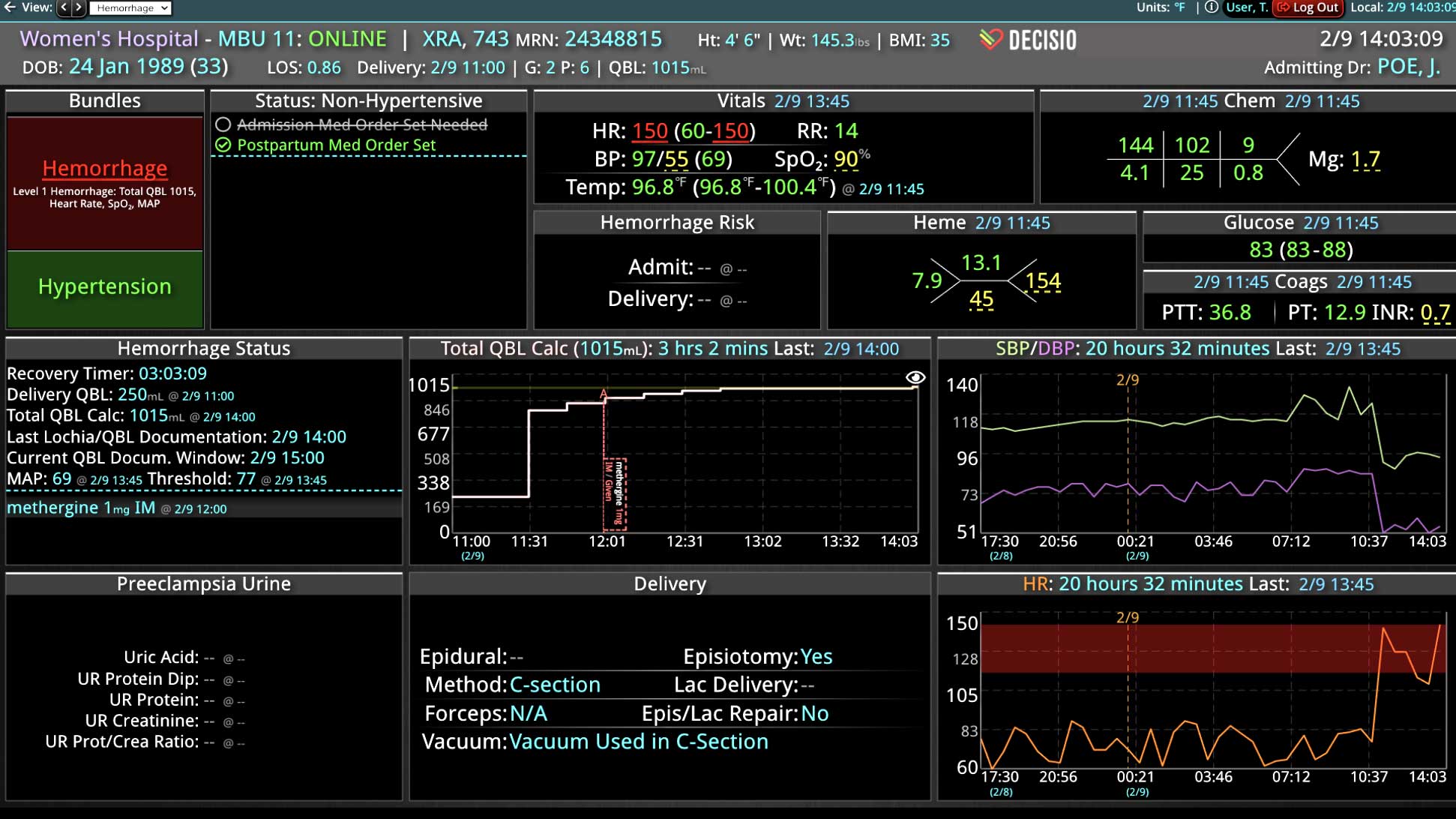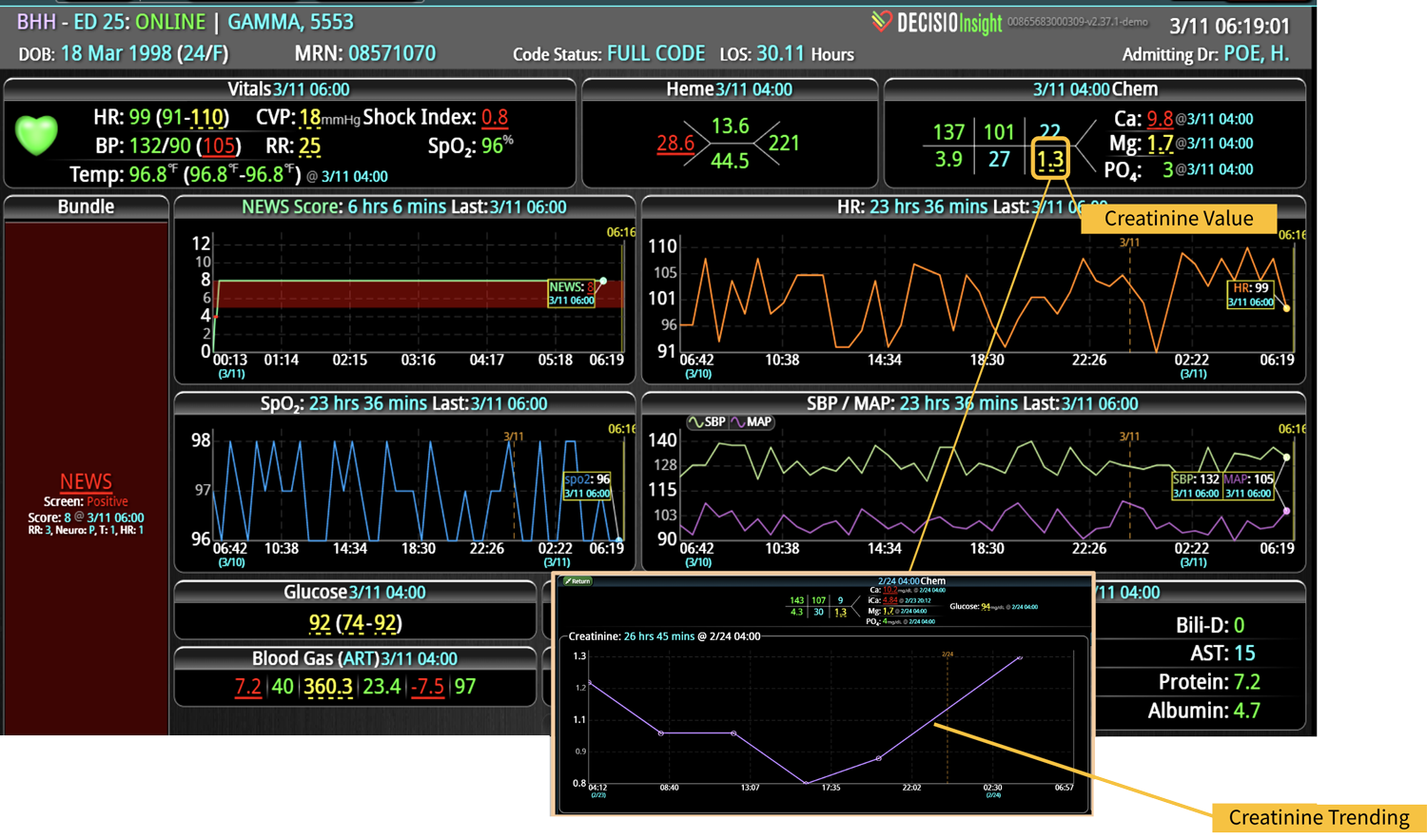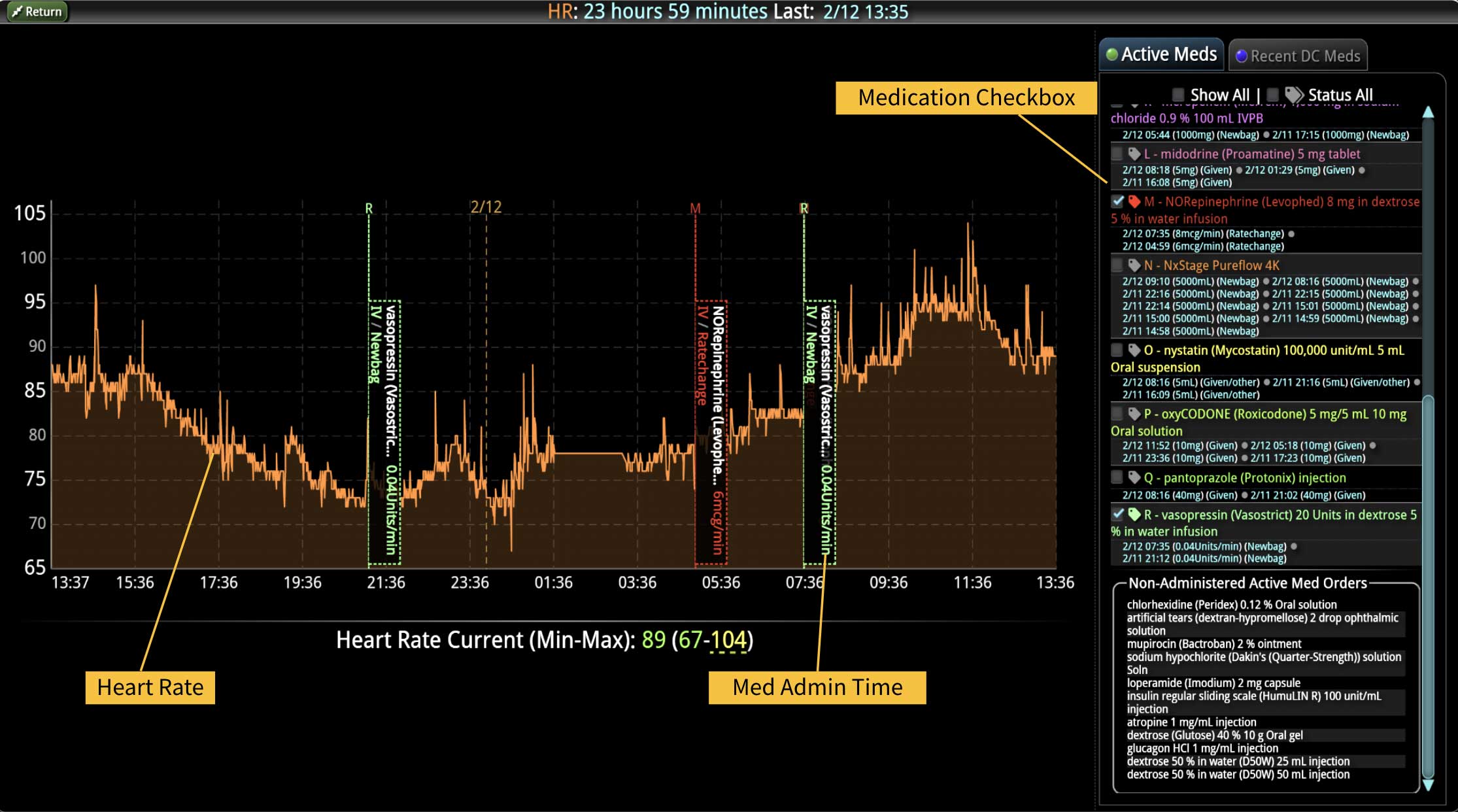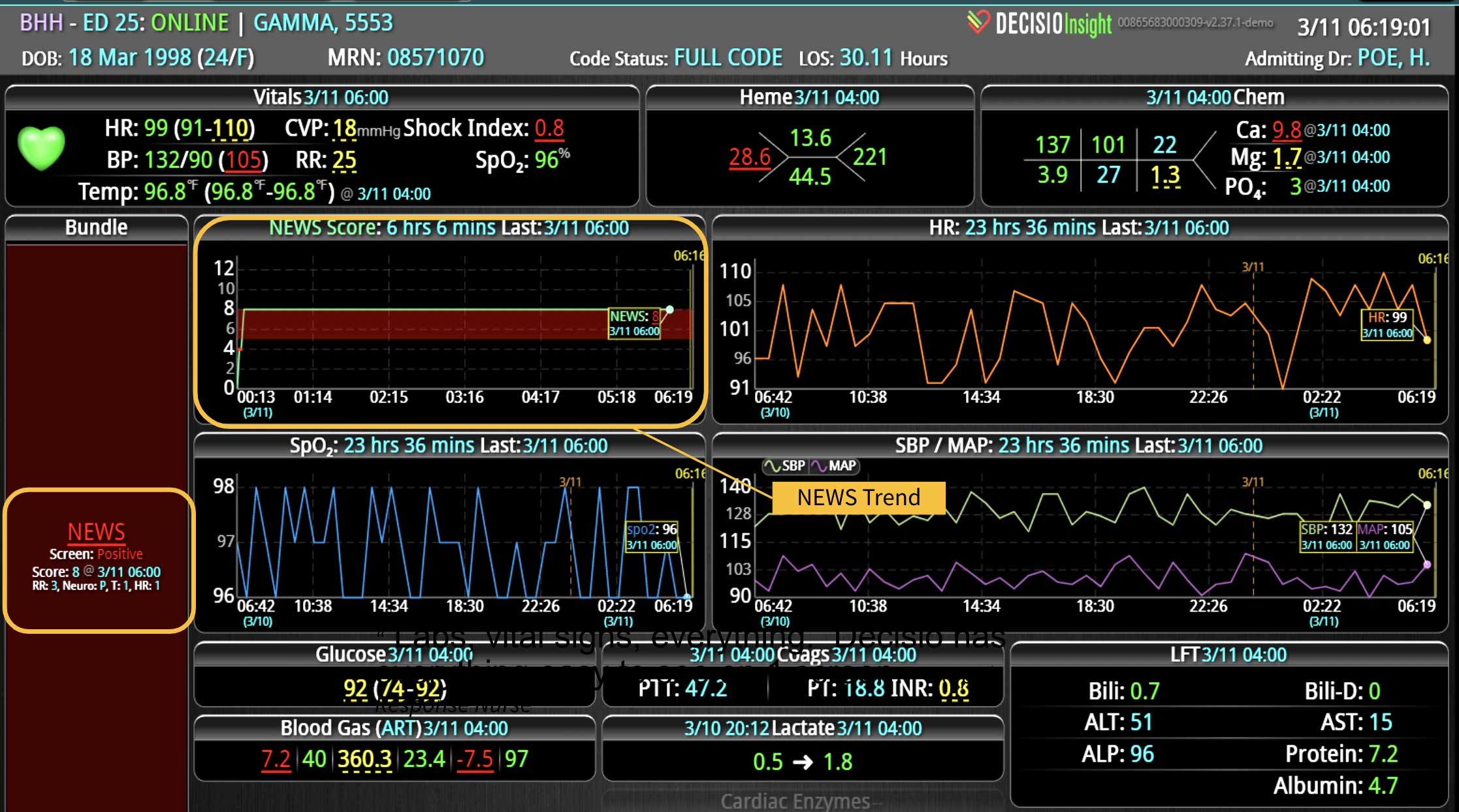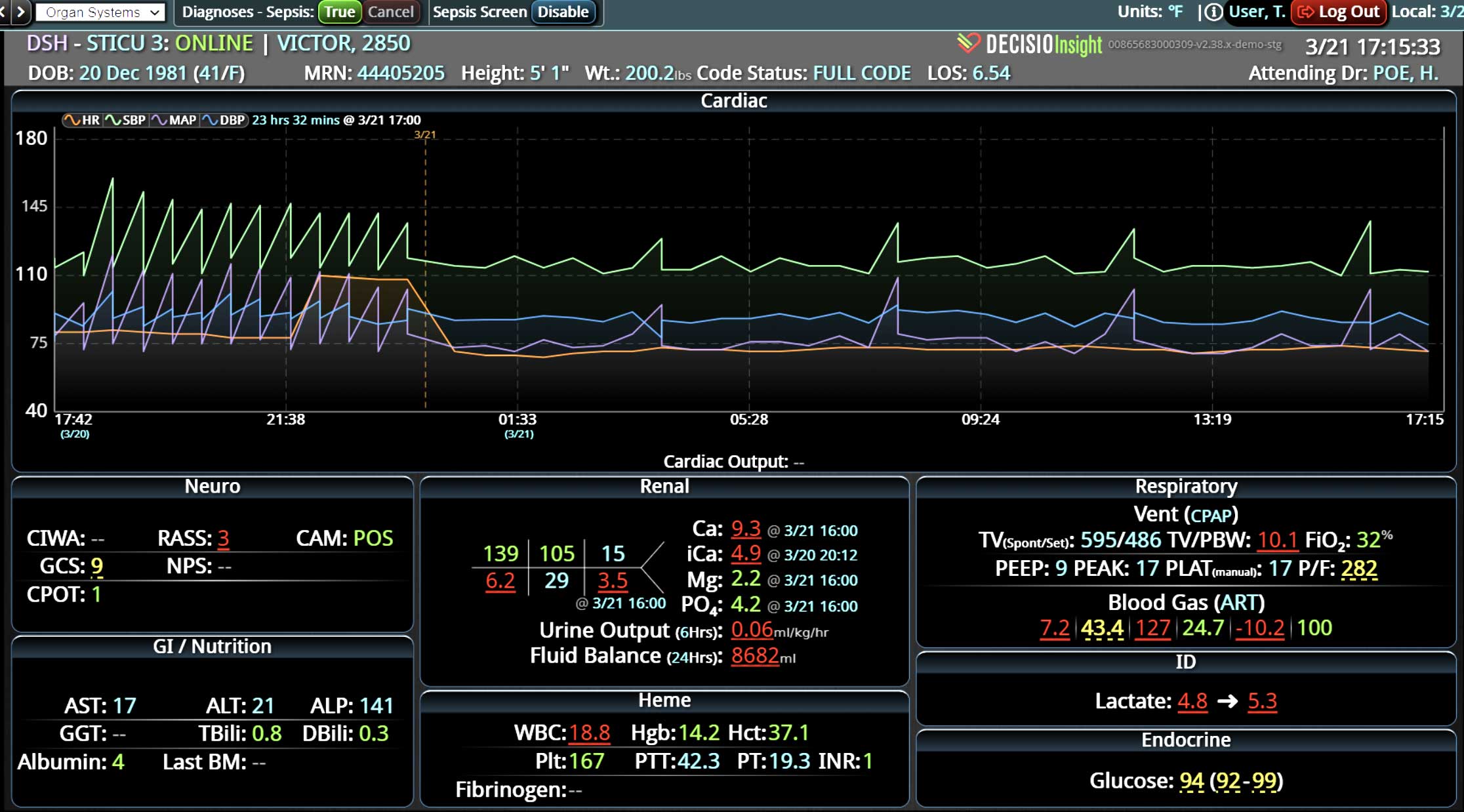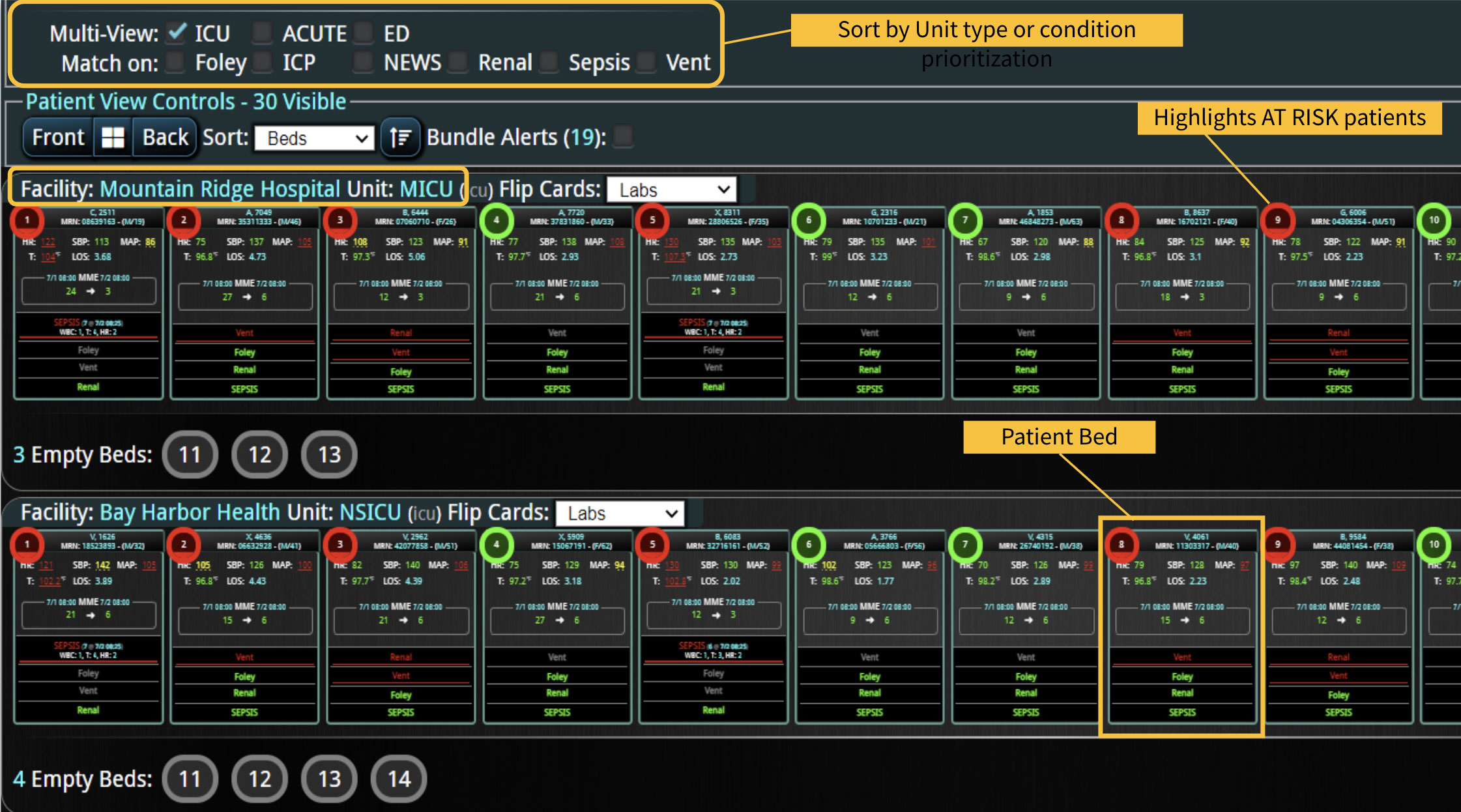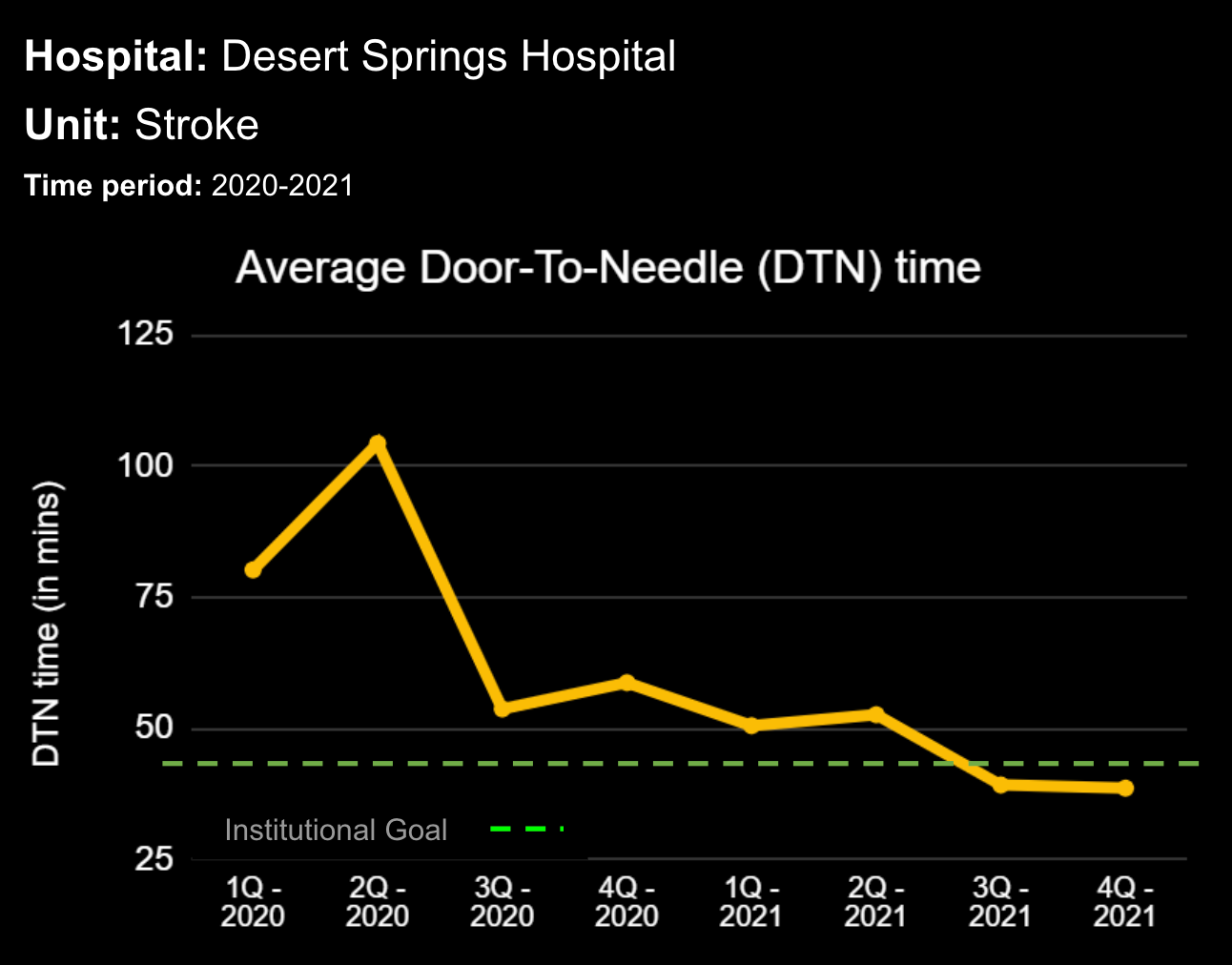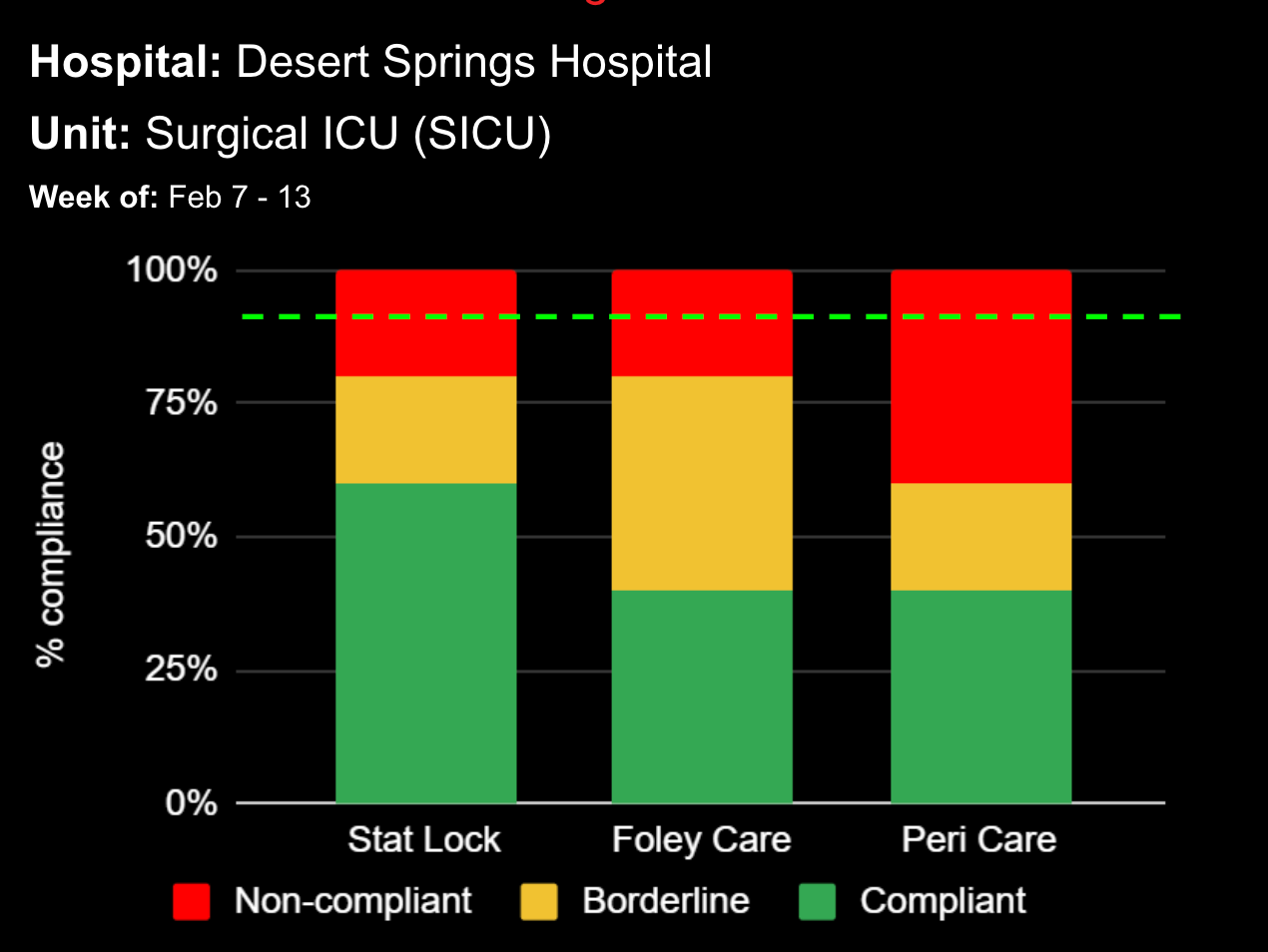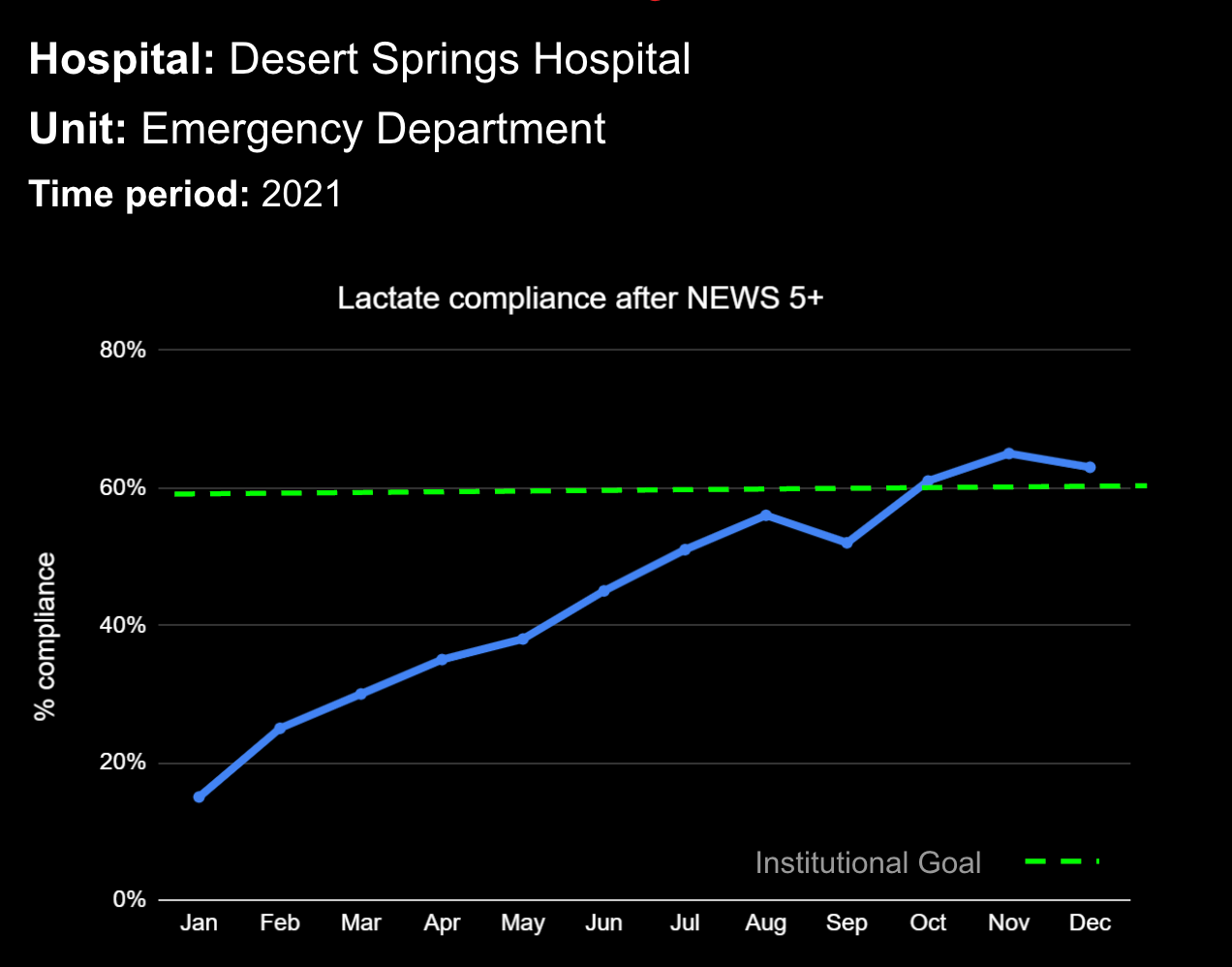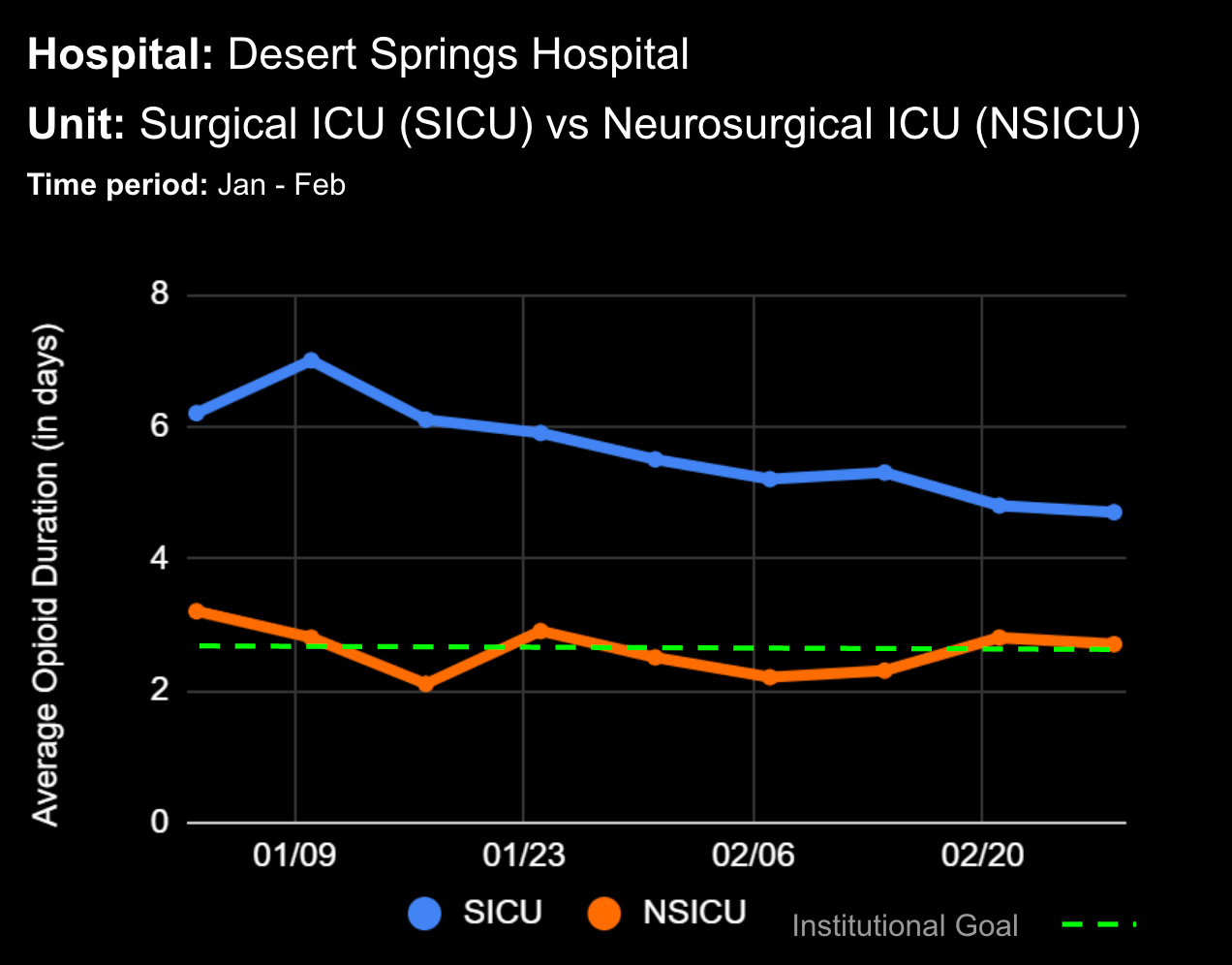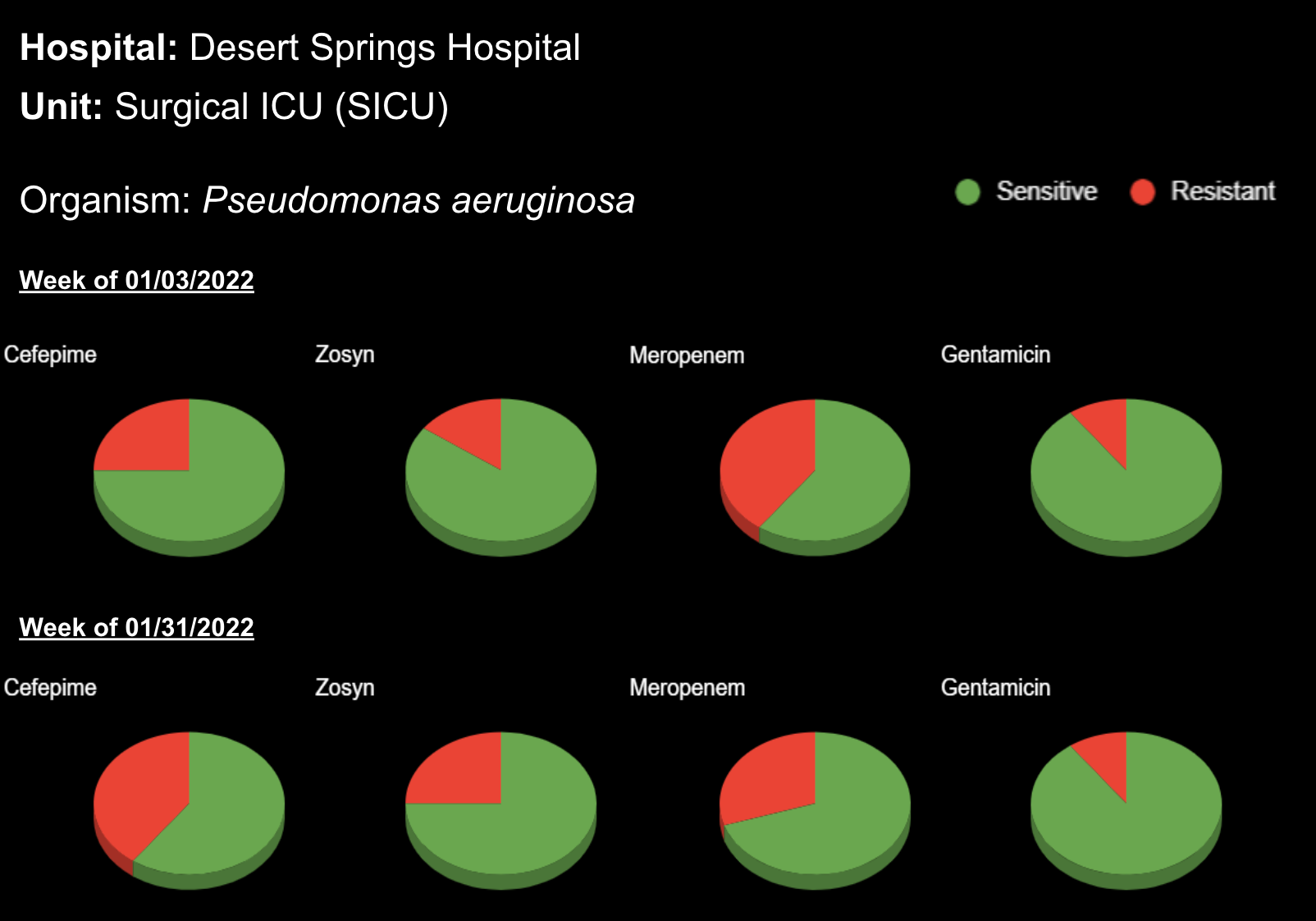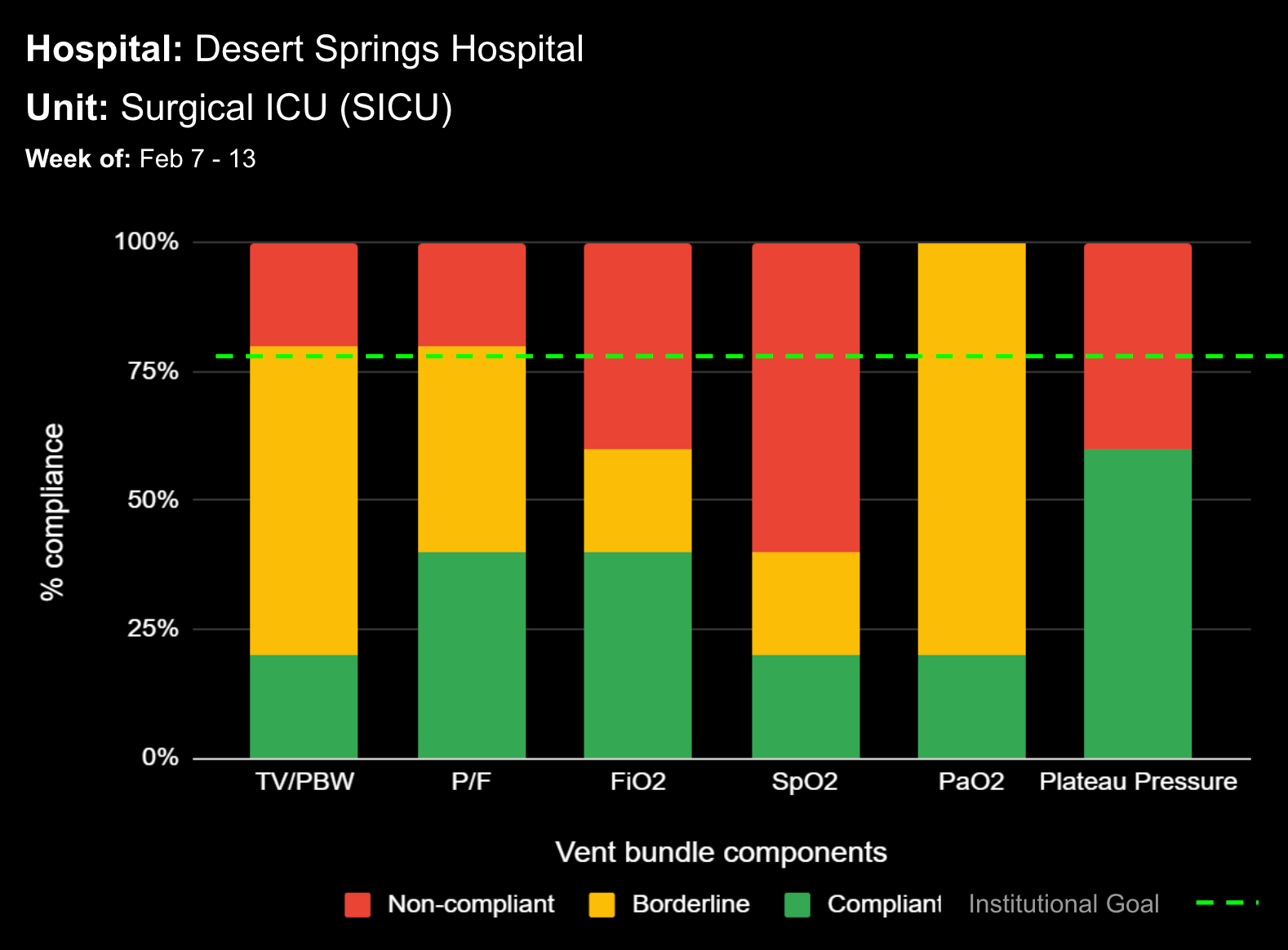05 Jun Understanding Maternal Sepsis and Best Practices for Management
Maternal sepsis is a severe infection that poses significant risks to both the mother and the fetus. It remains a leading cause of maternal mortality globally, particularly in low-resource settings. Effective management is crucial for improving outcomes. Studies have shown that the incidence of maternal sepsis ranges between 0.1% and 0.4% of pregnancies, depending on the setting (Hensley et al., 2019); (Admon et al., 2019). Notably, it is estimated that 63% of maternal deaths from sepsis are preventable with timely recognition and appropriate management (CMQCC, 2021). Causes of Maternal Sepsis Maternal sepsis is typically caused by bacterial infections, although viral and fungal infections can also be culprits. The common sources of infection include: Urinary Tract Infections (UTIs): UTIs are common during pregnancy and can progress to pyelonephritis, which can lead to sepsis if untreated. Chorioamnionitis: This infection of the fetal membranes (chorion and amnion) typically occurs during labor and can lead to maternal and neonatal sepsis. Postpartum Infections: Infections of the uterine lining (endometritis) after childbirth, particularly following cesarean sections, are a significant cause of maternal sepsis. Surgical Site Infections: Infections at the site of a cesarean section or episiotomy can develop into sepsis if not properly managed. Pneumonia: Respiratory infections such as pneumonia can become severe...




